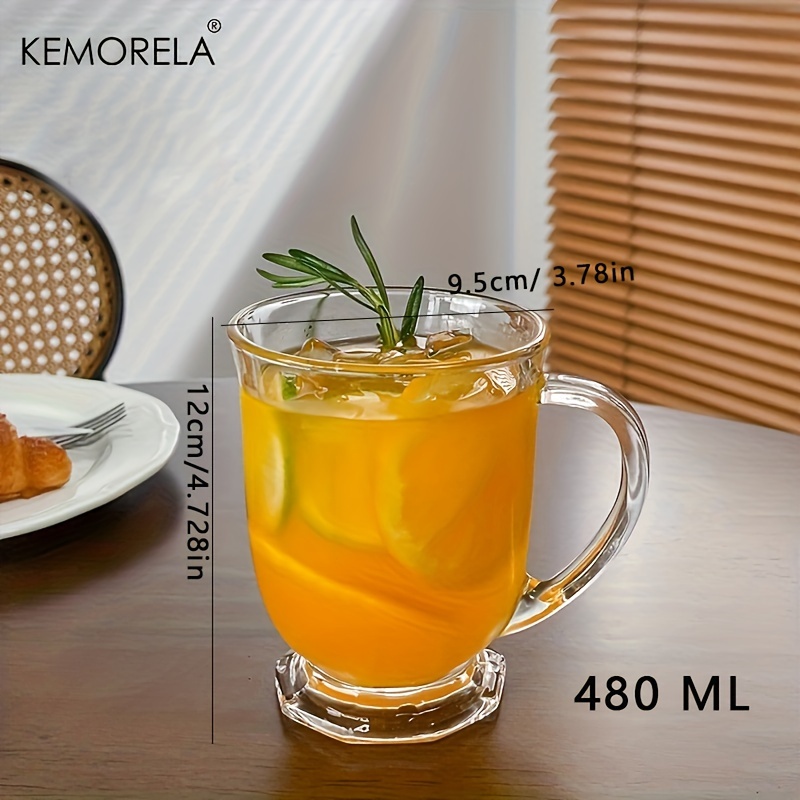Ah, bloating. The bane of my existence for far too long. It wasn't just the occasional discomfort – it was a constant companion, a balloon perpetually inflating in my abdomen, a source of not just physical but also emotional distress. Trying on clothes became an exercise in frustration, social gatherings a nerve-wracking experience.
For years, I grappled with this uninvited guest, feeling like I was on a constant rollercoaster ride of belly bulges and digestive woes. I tried everything – endless internet searches, a revolving door of "miracle" cures. I eliminated entire food groups, chugged questionable concoctions, and even considered wearing those inflatable sumo suits as ironic daily wear (okay, maybe not that last one).
*This post contains affiliate links, meaning I'll earn a small commission if you purchase through these links.
But through this frustrating journey, I did learn a lot. I discovered a truth that resonated deeply: one size does not fit all when it comes to bloating. What triggers one person's stomach woes might be perfectly fine for another. The key, I realized, was to become a detective of my own gut, to identify the culprits and eliminate them from my dietary crime scene.
Here's what I learned about the most common bloating offenders:
The FODMAP Felons: This acronym stands for Fermentable Oligosaccharides, Disaccharides, Monosaccharides, and Polyols. Essentially, these are sugars and sugar alcohols that our small intestine struggles to digest. They become a party for gut bacteria, who ferment them and produce gas – the culprit behind that uncomfortable puffiness. Common FODMAP offenders include onions, garlic, wheat, certain fruits like apples and pears, and legumes like beans and lentils.
The Cruciferous Culprits: Broccoli, cauliflower, Brussels sprouts – these healthy vegetables are powerhouses of nutrients, but they also contain a complex sugar called raffinose, another friend of gut bacteria that leads to bloating.
The Dairy Dilemma: Lactose intolerance is a real thing, and for many, dairy products are the silent enemy when it comes to bloating. Let's face it, cheese is delicious, but sometimes the deliciousness comes at a cost.
The Carbonated Caper: Fizzy drinks may seem like a refreshing treat, but the carbon dioxide they contain can contribute to bloating.
The Artificial Agitators: Artificial sweeteners and sugar alcohols, while seemingly sugar-free, can wreak havoc on our gut bacteria and cause bloating.
The Spicy Saboteurs: Spicy food can irritate the digestive system and cause bloating, especially for those with sensitive stomachs.
The Stressful Culprit: This one surprised me, but stress can definitely be a trigger for bloating. When we're stressed, our bodies release hormones that can slow down digestion and lead to bloating.
So, what did I do to finally banish the bloat?
It was a multi-pronged approach. First, I identified my personal FODMAP triggers. I was more mindful about what I was eating and what made me bloat. This detective work wasn't always fun, but it was crucial. Slowly, patterns emerged. Milk? Big no-no. Beans? Surprisingly problematic. Once I had identified my personal FODMAP villains, I started eliminating them from my diet, one by one.
Second, I embraced a more mindful approach to eating. I slowed down, savored each bite, and paid attention to the signals my body sent me. Turns out, stress eating was a major contributor to my woes. By incorporating stress-relieving practices like meditation and yoga into my daily routine, I noticed a significant improvement.
Finally, I discovered the magic of Shilajit. This natural, mineral-rich substance has been used in traditional Ayurvedic medicine for centuries. While research is still ongoing, some studies suggest that Shilajit can help improve gut health and reduce inflammation. I started incorporating a small amount of Shilajit into my daily routine, and to my surprise, it made a noticeable difference. The bloating became less frequent and less severe.
It's important to note that I am not a medical professional, and this is not medical advice. What worked for me may not work for everyone. However, I do believe that sharing my experiences can be helpful for others struggling with bloating.
Here are some additional tips I picked up on my journey:
- Drink plenty of water: Staying hydrated can help move things along in your digestive system and reduce bloating.
- Eat fermented foods: Foods like yogurt, kimchi, and sauerkraut contain probiotics, which are beneficial bacteria that can improve gut health and reduce bloating.
- Get enough fiber: Fiber helps to keep you regular and can reduce bloating. However, if you're new ...to a high-fiber diet, start slowly to avoid further bloating.
- Consider digestive enzymes: These supplements can help your body break down food more effectively, which can reduce bloating. However, it's always best to consult a doctor before starting any supplements.
- Get enough sleep: When we're sleep-deprived, our bodies are stressed, and that stress can manifest as bloating.
Remember, everyone's body is different, and what works for one person might not work for another. It's important to listen to your body, experiment, and find what works best for you.
My journey with bloating wasn't easy, but it ultimately led me to a place of greater self-awareness and a healthier relationship with food. While there might be occasional flare-ups (hello, celebratory pizza nights!), bloating is no longer a constant companion. And that, my friends, is a victory worth celebrating (without the fizzy drinks, of course)!
Disclaimer: I am not a medical professional, and this article is not a substitute for professional medical advice. If you are experiencing chronic bloating, it is important to consult with a doctor to rule out any underlying medical conditions.














Post a Comment